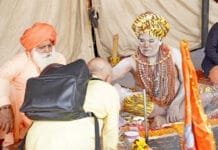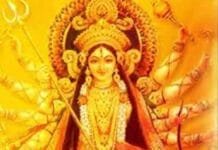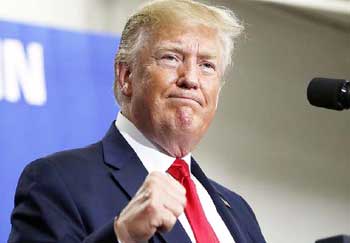The Basant Panchami, a festival dedicated to Maa Saraswati, the goddess of wisdom, learning, and the arts, holds immense spiritual significance across India. While devotees worship Maa Saraswati on this auspicious day, the festival has an extraordinary connection to Lord Shiva in Deoghar’s Baidyanath Dham. Here, a sacred Tilak ceremony is performed for Lord Shiva, marking a crucial tradition before his divine wedding on Mahashivratri. This ancient custom, deeply rooted in Sanatan Dharma, draws thousands of devotees to participate in the grand occasion.
Why is the Tilak Ceremony of Lord Shiva Performed on Basant Panchami?
In Sanatan traditions, the Tilak ritual is an essential precursor to marriage. Just as a groom’s family performs the tilak ceremony before a wedding, Lord Shiva undergoes a similar sacred ritual before his divine marriage to Maa Parvati. According to Hindu scriptures, Mahashivratri marks the holy union of Lord Shiva and Maa Parvati. However, before this celestial marriage, devotees offer a ceremonial tilak to Baba Baidyanath, symbolizing the formal acceptance of Lord Shiva as the divine groom.
This age-old tradition is meticulously followed in Deoghar’s Baidyanath Temple, where thousands of devotees, primarily from Mithilanchal, gather to perform this sacred ritual. Mithila residents, considering themselves the in-laws of Lord Shiva, offer Tilakharwa—a significant ceremony involving sacred offerings.
The Unique Bond Between Lord Shiva and Mithila
The connection between Mithilanchal and Lord Shiva is deeply embedded in Hindu mythology. Mithila, situated in the Himalayan foothills, is the birthplace of Maa Parvati, the daughter of the Himalayas. This divine connection makes the people of Mithila consider Lord Shiva their brother-in-law. As a mark of respect and adherence to their traditions, Mithilanchal devotees have been traveling to Deoghar for centuries to participate in the tilak ceremony of Lord Shiva.
The ritual, known as Tilakharwa, holds great spiritual importance for Mithila natives. It symbolizes their acceptance of Lord Shiva as their divine son-in-law, strengthening the sacred familial ties between Mithila and Baba Baidyanath.
Grand Celebrations at Baidyanath Dham on Basant Panchami
On Basant Panchami, the entire Baidyanath Temple transforms into a hub of religious fervor. Devotees from various regions flock to the temple, carrying sacred offerings like pure desi ghee, malpua, abir (gulal), fresh paddy, and mango blossoms.
Sacred Offerings and Rituals Performed
- Desi Ghee and Malpua Offerings – Devotees from Mithila bring homemade Malpua and pure ghee, which are offered to Baba Baidyanath as part of the Tilak ceremony. This tradition has been followed for centuries, signifying purity and devotion.
- Shiva Lingam Adorned with Abir and Paddy – The Shiva Lingam at Baidyanath Dham is decorated with abir (colored powder), freshly harvested paddy, and mango blossoms, signifying prosperity and the arrival of spring.
Invocation of Divine Blessings – As the temple resonates with vedic chants, bhajans, and kirtans, devotees immerse themselves in a divine spiritual experience. The ceremony, lasting several hours, culminates in aarti and distribution of prasad to thousands of pilgrims.





















